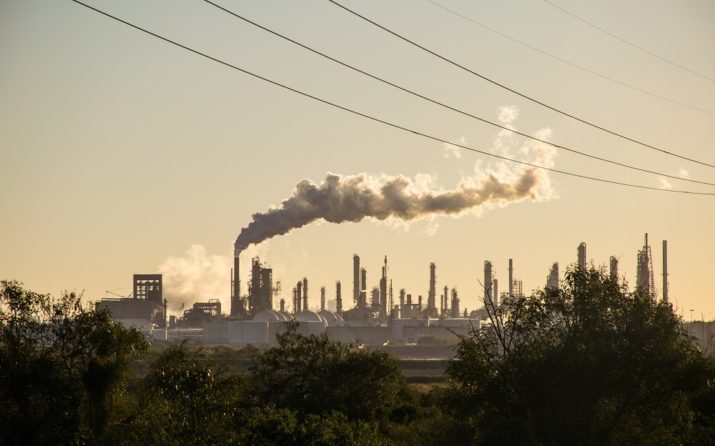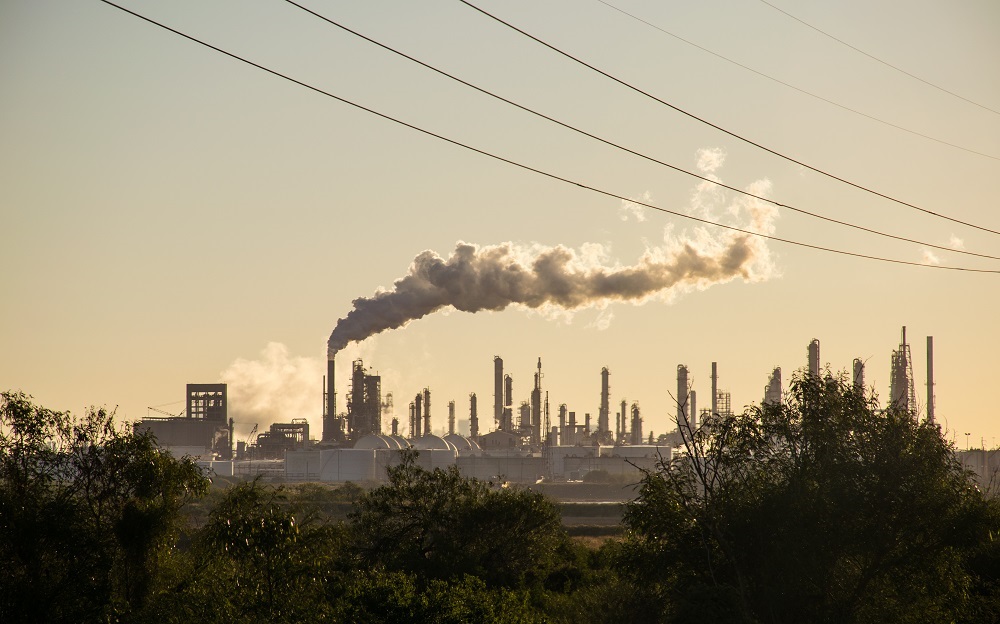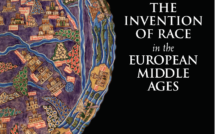

This is part of our special feature on Radicalism and Violence.
When contemplating radical-right politics, whether past or present, few think about the fight against environmental degradation. Yet to consider radical-right perspectives on environmental issues and the natural environment more generally does provide an important insight into these actors’ ideas and practices. Indeed, even though some radical-right activists view the protection of nature as either irrelevant or a plot by “cultural Marxists” to facilitate mass immigration (“climate refugees”), raise taxes (green taxation), reproduce “Western guilt” (the industrialized West being responsible for much degradation) etc., radical-right opposition to environmental degradation is in fact a deeply rooted ideological stance. As such, this opposition is markedly different from what is associated with most contemporary (egalitarian and universalist) Green parties and NGOs.
To introduce radical-right views on the natural environment an observation regarding the status of “nature” more broadly is merited. For the radical right, with its understanding of community as primordial and organic, that which is apparently “natura” serves as an anchor when experiencing societal change. Thus, nature provides the ultimate insurance against “zeitgeisty aberrations.” Such “aberrations” might concern present-day gender roles and “the mixing of races;” yet destruction of the harmony apparently characterizing the natural environment/ecosystems is also viewed as a violation of nature’s “laws.” However, going beyond generalized conceptions of nature, the connection between a particular people (or “Volk”) and “its” habitat has also played an important role in radical-right thinking. For those in the radical right still primarily concerned with biology, it was (and still is) through the relationship with “our” soil that the essential qualities of “race” are maintained. Similarly, those overly preoccupied with culture view the historically developed land(scape) and its relationship with “the people” as one of the key sites through which ethno-cultural difference is maintained.
The significance of the natural environment for a (national) community, as well as concerns for a wide range of crises, has been visible since the origins of the radical right during the Romantic period, i.e. as a reaction to “Enlightenment materialism.” For example, in early nineteenth century, Ernst Moritz Arndt, one of the fathers of German nationalism, warned that axes laid on trees were in fact threatening “the whole nation.” About a century later, and by now well-documented, the Nazis proposed conservationist policies (for example the Reich Nature Protection Law of 1935). In 1976, the youth organization of the National Democratic Party of Germany published 12 Theses on Ecology, and during the 2000s, the party was vocal in, for example, opposing genetically-modified organisms (GMOs). This critique is, however, not limited to the German radical right: the first issue of the British National Party’s magazine Identity featured a blond girl, standing on a rock, in front of a few trees, somewhere in the countryside. Indeed, the party has continuously voiced its concerns over the fate of the British countryside. Less extreme radical-right parties too are in favour of nature protection. Such stances are also found in non-party actors, for example the hugely influential Nouvelle Droite [France’s “New Right”]. As such, Alain de Benoist and Charles Champetier’s 1999 Manifesto of the French New Right, like much of the former ideologue’s writings, connects the idea of unlimited progress and modern anthropocentrism to contemporary environmental disasters. Similarly, “Judeo-Christian ideas” are made responsible for the domination of nature (instead of living in harmony with it). Even the so-called alt right in the US discusses environmental protection. Beyond conservation in general and the aforementioned issue of GMOs in particular, issues of concern across the radical right in “the West” include, for example, overpopulation (as worries about “outbreeding” and the survival of “our race” are linked to apparent limits of the planet) and biodiversity (including the issue of invasive species). Here, that which is considered native, for example the red squirrel in the United Kingdom, is viewed as threatened by an “invasive species,” for example the grey squirrel introduced from North American, with fauna/flora becoming a metaphor for the pressure on “us.”
Indeed, such issues fit seamlessly with the radical right’s wider agenda: GMOs, for example, are viewed as distortions of the natural order and facilitating the loss of national sovereignty. GMOs are often castigated by the radical right for a putative enslavement of farmers and, ultimately, people, under the yoke of multinational companies, or globalism. More generally, radical-right opposition to environmental degradation is connected to opposition to “rampant materialism” and “spiritless consumerism” and thus easily connected to globalization.
This concern over sovereignty raises a crucial point: while there is an ideology-driven, radical-right stance towards caring for the natural environment, why is it that (anthropogenic) climate change is also regularly (though not unanimously) viewed skeptically? There are reasons for such skepticism, which go beyond knee-jerk reactions against an issue commonly perceived as being “left-green.” For example, stressing the significance of alternative energy sources is commonly connected to the fight against (anthropogenic) climate change. While these sources can be appropriated by the radical right as a means to guarantee sovereignty (vis-à-vis “Arab despots” or multinational corporations), they can also be part of stories about “average Joe” being patronized and exploited (green taxation) by a “liberal, globalist elite,” or made responsible for the destruction of cultural landscapes and, for instance, bird populations (wind turbines). Moreover, (anthropogenic) climate change as one of the global issues can be easily framed in terms of a “globalist,” “one-world agenda” that threatens “our” sovereignty and alleged distinctiveness.
There is certainly diversity within the radical right regarding all these issues, although it can be argued that those further to the right-wing fringes are more inclined towards a rigorous environmentalism (or better: ecologism) as they draw more strongly upon organicism. Such opposition might thus be more fundamental than – though also fundamentally different from – an individualistic, liberal environmentalism often characterizing the present-day mainstream. Perhaps surprisingly, some of these agendas might even be partly recognizably leftist. Understanding radical-right opposition to environmental degradation will enable a better understanding of the radical right itself, as well as drawing attention to the thoroughly political character of making sense of the natural environment and attendant environmental crises.
Bernhard Forchtner is a Senior Fellow with CARR, and is Lecturer in Media and Communication at the University of Leicester.
Photo: Oil refineries polluting carbon and cancer causing smoke stacks climate change and power plants
Published on October 2, 2018.




